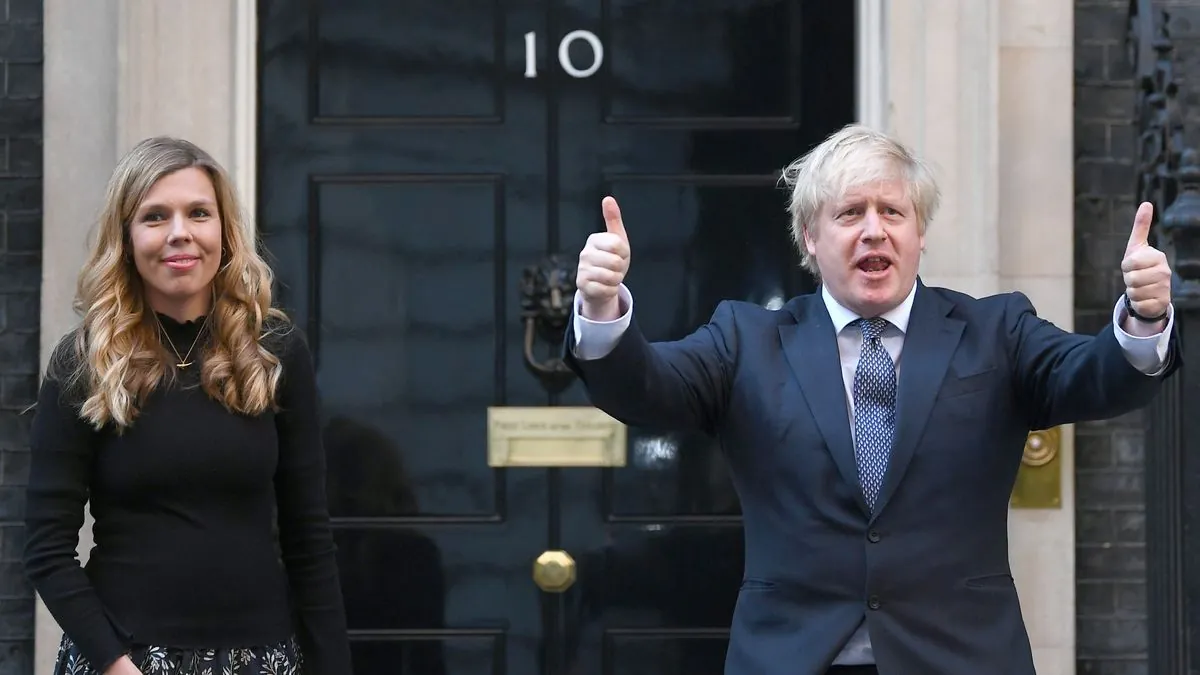Sue Gray's Influence Sparks Debate on Civil Service Neutrality
Sue Gray's role as Labour's chief of staff raises concerns about Civil Service impartiality. Accusations of partisan appointments in Whitehall prompt calls for transparency in selecting the new Cabinet Secretary.

The appointment of Sue Gray as Sir Keir Starmer's chief of staff has sparked a significant debate about the neutrality of the UK's Civil Service. Gray, a former senior Whitehall official, now occupies a pivotal position bridging political and administrative networks, leading to accusations of blurring the lines between these traditionally separate spheres.
Gray's role in the Labour opposition has raised eyebrows, particularly given her previous involvement in investigating the "partygate" affair during the COVID-19 lockdowns. This scandal, which occurred between 2020 and 2022, involved allegations of gatherings at 10 Downing Street during strict pandemic restrictions.

The Conservative Party has lodged complaints with the Civil Service Commission, alleging that Gray has authorized appointments of individuals with Labour connections or ties to businesses that have donated to the party. This has led to concerns about the potential compromise of the Civil Service's vaunted independence.
"The impartiality of our Civil Service is being undermined by these partisan appointments."
The situation highlights the contrast between the current approach and that of previous Conservative governments, which some argue were too cautious in their dealings with the Civil Service. This perceived restraint may have allowed a left-wing culture to persist unchallenged within the bureaucracy.
As the search for a new Cabinet Secretary begins, with the incumbent Simon Case set to step down in late 2024 or early 2025, calls for transparency in the selection process have intensified. The appointment of this crucial role, which oversees approximately 450,000 civil servants across the UK, is seen as a litmus test for maintaining the service's political neutrality.
The current debate echoes historical efforts to maintain Civil Service impartiality. The Northcote-Trevelyan Report of 1854 established the principle of a politically neutral civil service, while the Haldane Report of 1918 shaped its current structure. More recently, the 2012 Civil Service Reform Plan aimed to modernize the institution while preserving its core values.
As the situation unfolds, many are watching closely to see how the balance between political direction and administrative independence will be maintained in this new era of British governance.


































